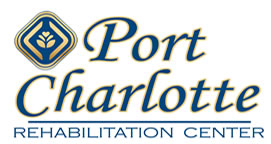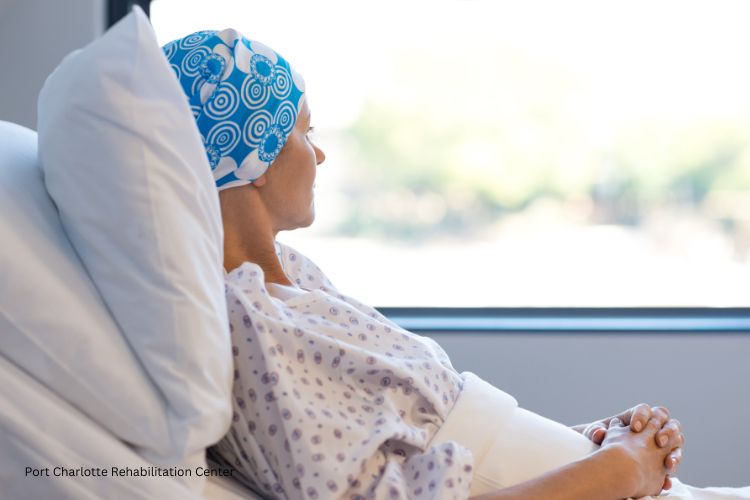For years, cancer was all about surviving a meager amount of time. Now with lots of people beating the chances, some rehab programs intend to improve life quality and function for those impacted by this persistent disease.
” Because many cancer patients and survivors experience some kind of physical flaws, it might cause impairment and impact quality of life,” says Jeff Cleveland, president of Clear Choice Health Care.”
What’s more, research study reveals just five percent of those impacted receive a recommendation for physical, occupational or speech therapy. With too couple of oncologists and cancer cosmetic surgeons referring clients to rehab, cancer survivors may contend with the physical deficits caused by cancer.
Knowing these realities, the American College of Surgeons Commission on Cancer announced new requirements that might improve the care for survivors of cancer. Better access to rehab therapy was among their wishful required.
Research shows that therapy and pre-habilitation interventions may enhance physical results. Even throughout cancer treatment, clients might discover treatment helping them to function at a higher level.
Numerous rehab professionals think that restorative rehabilitation may favorably affect patient health related results from diagnosis onward. Therapy can establish a standard at the beginning of a diagnosis, which might offer insight into rehab interventions and reveal before and after comparisons.
“Most patients would benefit from cancer rehabilitation, it’s a way back to wholeness,” says Cleveland. “Instead of accepting a brand-new normal, we help our clients to get back to health, hope and best results,” says Cleveland.
With cancer, dealing with rehab therapists understand the various impairment problems and treatment choices for each kind of cancer.
Head and neck cancer clients may need swallowing and speech therapy. Lung cancer patients may require restorative aid similar to cardiac rehabilitation to rebuild their strength and stamina. Clients undergoing colon cancer may get solve with back pain and buildup of stomach swelling through rehab protocols that utilize manual pressure applied by certified decongestant therapists (CDT).
An un-estimated percent of patients have a problem getting back to their previous level of function. But a high portion of cancer patients do have cancer-treatment related
issues, consisting of pain, trouble and deconditioning strolling. Physical impairments may affect day-to-day jobs and avoid a fast return to community activity levels.
The blame may depend on the results of chemotherapy and radiation treatments that include body altering problems. Tiredness, anorexia nervosa, decreased endurance and strength are basic offsets that feature many cancer-fighting treatments.
However individuals who prepare for cancer treatments and possible surgeries may fare better. Beginning weeks before chemo or surgery may help them regain function even quicker.
Research study indicates that’s possible. Montreal’s McGill University studied 77 clients who
were set up for colorectal surgery.
They broke them into groups. One group was provided different medical advice and help in addition to an aerobic and strength exercise routine to begin prior to cancer-removal surgery. The other group was provided medical aid and treatment right after surgery.
Ends up the results of the group assigned to rehabilitation were clinically more significant than the other group. 84 percent of the prehab group surpassed preliminary data or got back to their baseline measurements.
“The outcomes look appealing,” says Cleveland, “and when patients are ready, we do have the knowledge to get patients back to where they wish to be.” He encourages that cancer surgical treatment or treatment must not be postponed just because they could not get prior physical, occupational or speech therapies.
Jeff Cleveland is President of Clear Choice Health Care in Melbourne FL.







